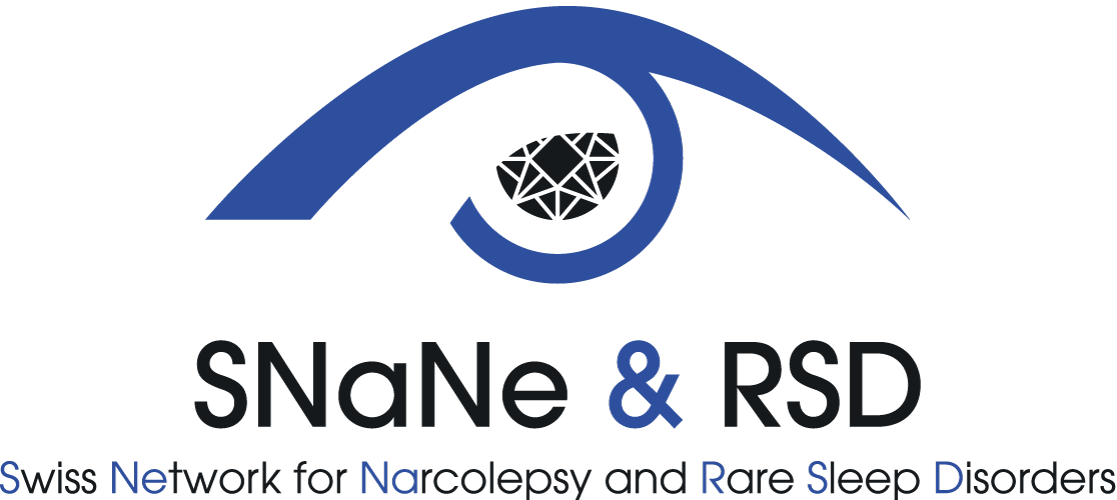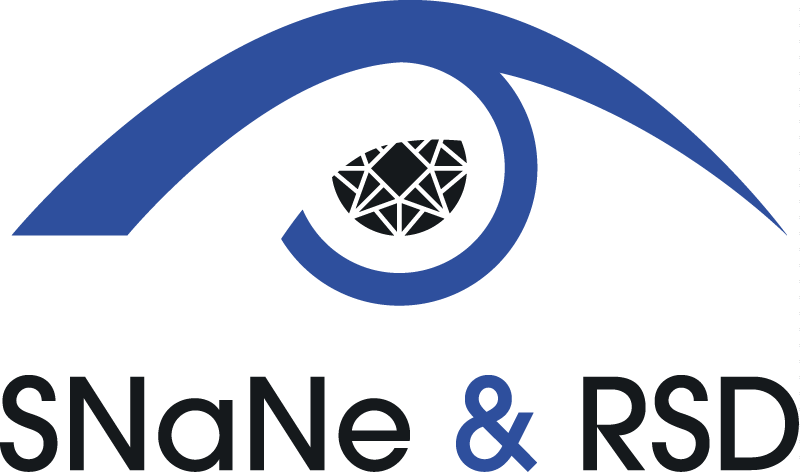Kleine-Levin Syndrome
Kleine-Levin syndrome (KLS), known also as recurrent hypersomnia or periodic hypersomnolence, is a rare sleep disorder with the prevalence 1–2 cases per million, more frequently found in the Jewish population. The main features are intermittent periods of hypersomnolence accompanied by behavioral and cognitive disturbances, hyperphagia and in some cases hypersexuality. According to ICSD-3, four diagnostic criteria must be met:
- The patient experiences at least two recurrent episodes of excessive sleepiness and sleep duration, each persisting for 2 days to 5 weeks.
- Episodes recur usually more than once a year and at least once every 18 months.
- The patient must demonstrate at least one of the following during episodes:
- Cognitive dysfunction
- Altered perception
- Eating disorder (hyperphagia or anorexia)
- Disinhibited behavior (such as hypersexuality)
- The hypersomnolence and related symptoms are not better explained by another sleep disorder; other medical, neurologic, or psychiatric disorders (especially bipolar disorder); or the use of drugs or medications.
The usual age at onset is adolescence with males predominating (sex ratio 2:1).

